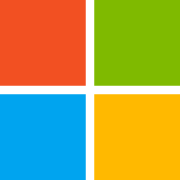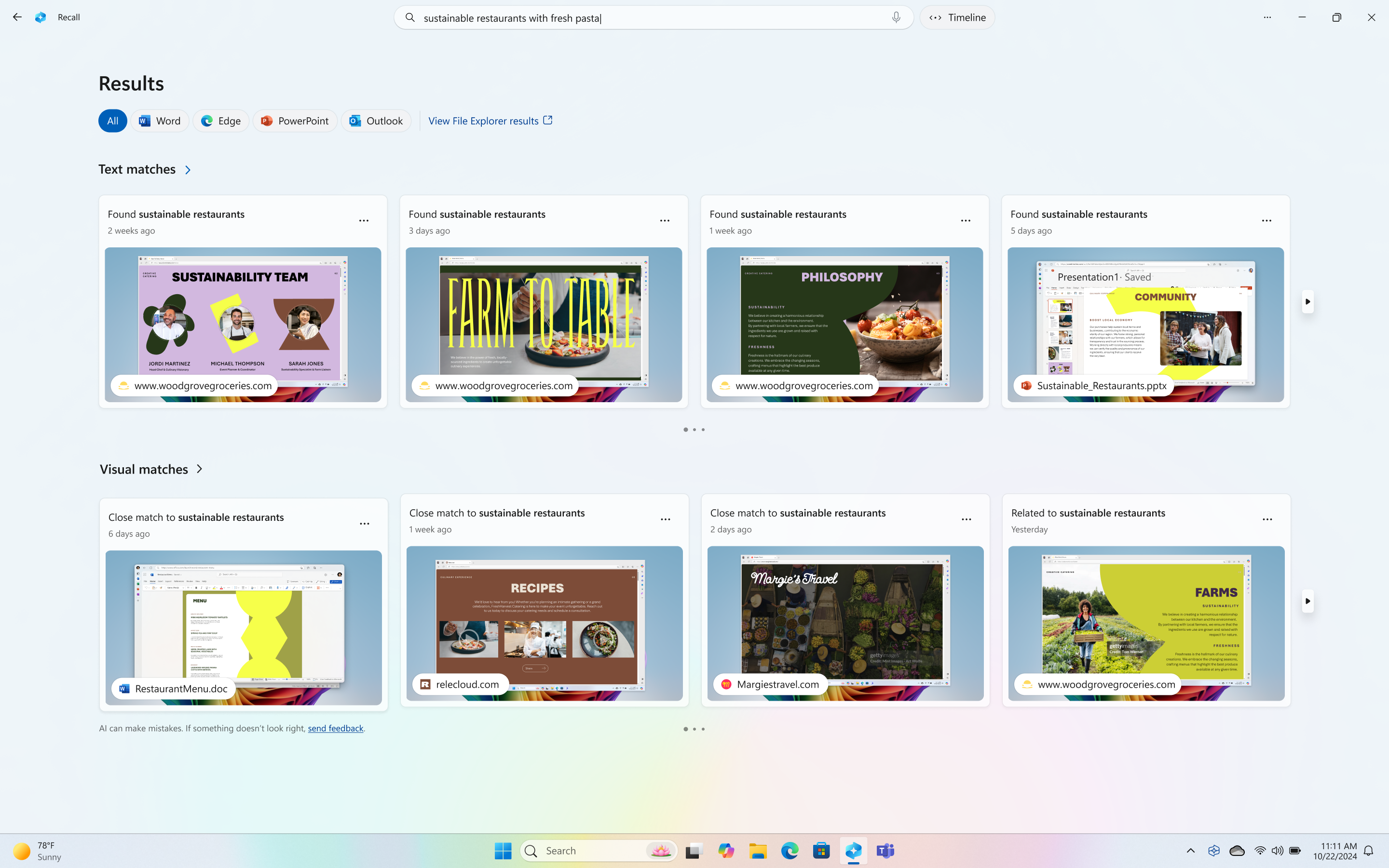Total Recall - Copilot+ PC feature Recall
Microsoft's "Recall" feature on new Surface PCs aims to enhance memory by capturing screen snapshots. This raises questions about data privacy and access, especially in shared environments.

Earlier this week, Microsoft unveiled its new PC lineup, featuring the Surface
Laptop 7 and Surface Pro 11. A key highlight is the inclusion of dedicated NPUs
(Neural Processing Units), enabling these devices to efficiently run SLMs (Small
Language Models) and other AI models locally. Microsoft has dubbed this
generation "Copilot+ PCs."
Microsoft Unveils New Surface Laptop 7 & Pro 11 with "Recall"
One feature that didn't initially catch my attention during the announcement is
called "Recall." While initially intriguing in its potential to aid memory
recall, this feature has sparked significant privacy concerns. I stumbled upon a
YouTube video that vividly expressed these concerns.
"Recall" – What Is It and How Does It Work?
The video creator rightly points out the unsettling aspect of capturing and storing your screen every few seconds, a practice that could potentially infringe on your privacy.
The Privacy Concerns Surrounding "Recall"
Of course, I don't know precisely how "Recall" is implemented or where the data in the filesystem is stored. However, in enterprise environments, it's common for employee data to be stored on network storage or OneDrive for Business. Making it in theory accessible to other persons.
According to the Copilot+ PC features, additional data encryption is in place, but it doesn't describe whether the user can choose or influence this encryption.
You can have a detailed explanation of the recall feature through the Microsoft support site
also there is meanwhile an article explaining the architecture of recall
As I revised this post, I still have this point that is not addressed or at least I haven't found it.
Conclusion: Balancing Innovation with Privacy
While "Recall" offers potential benefits for memory enhancement, the privacy implications cannot be ignored. Microsoft, as a responsible tech giant, needs to provide users with greater transparency and control regarding their data collection and storage. Furthermore, stricter opt-in policies should be implemented, especially for personal devices, and "Recall" should be disabled by default in work environments to safeguard user privacy.




